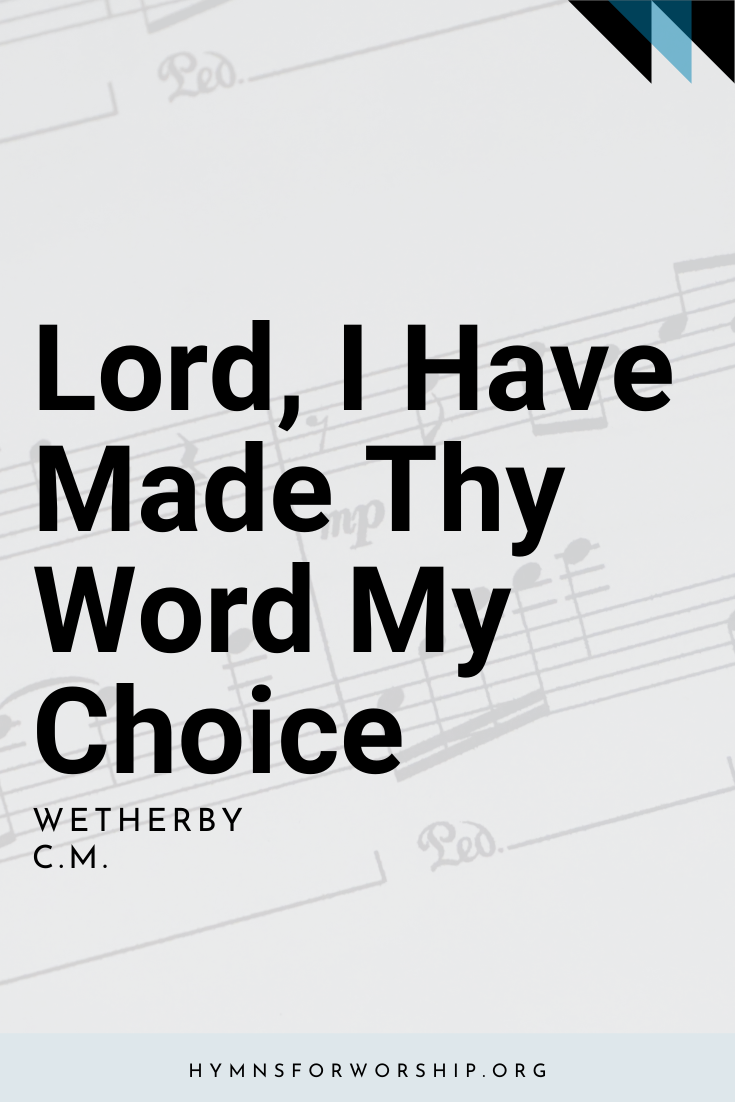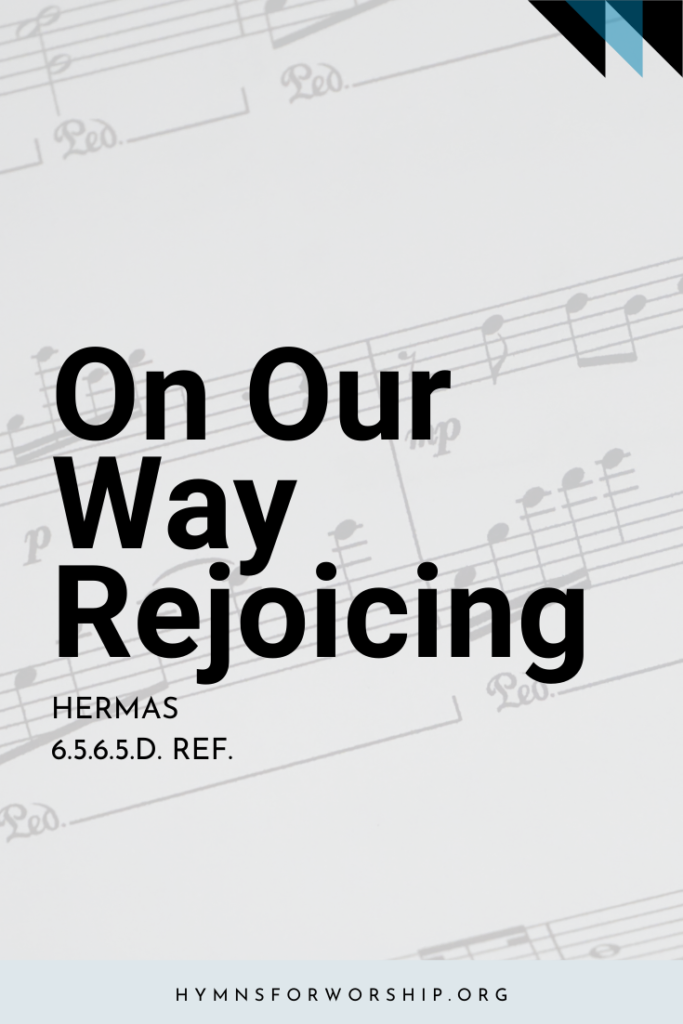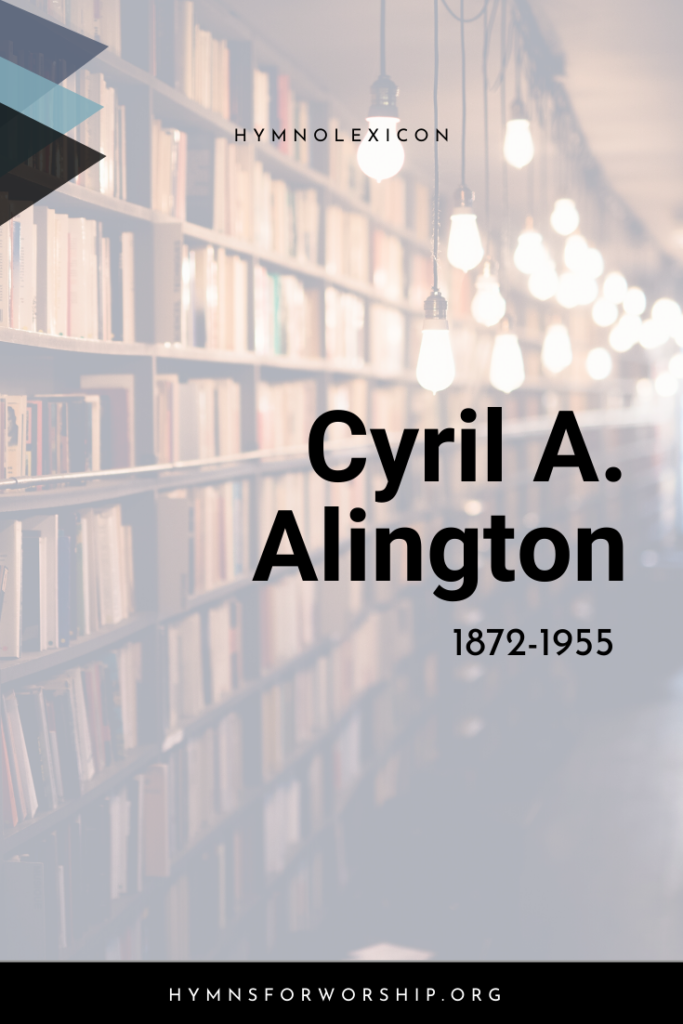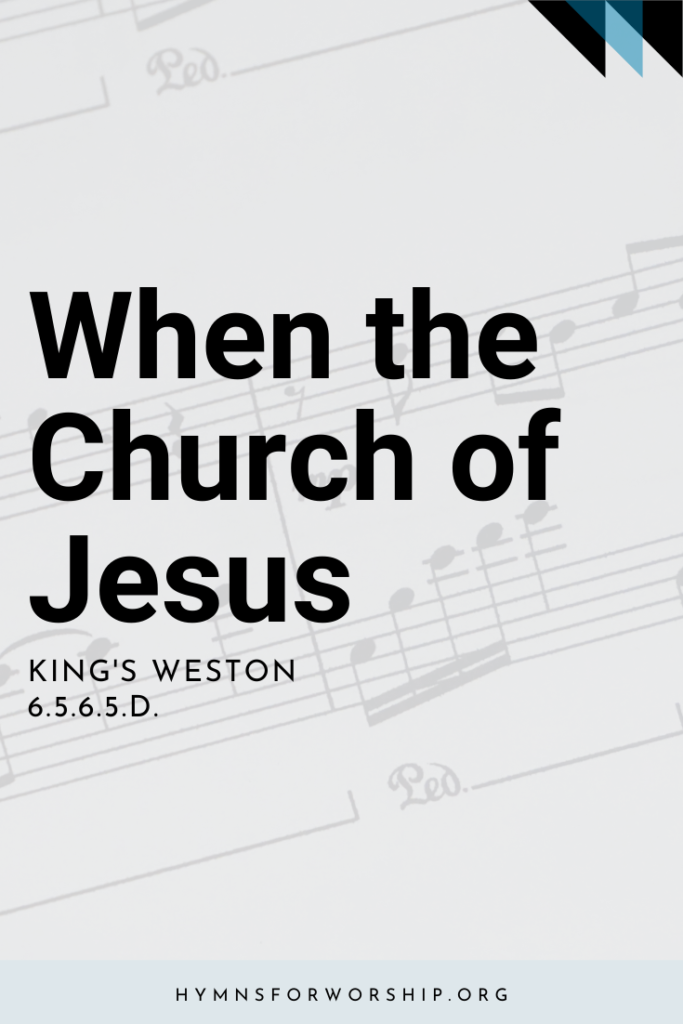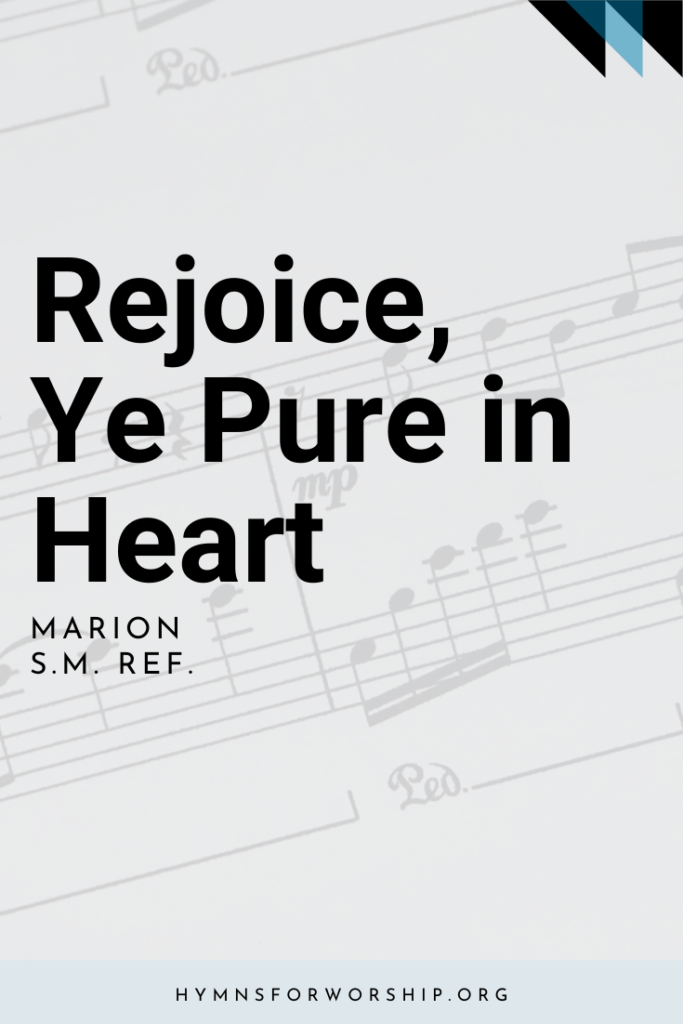HOLY SCRIPTURES
SDAH 273
Lord, I have made Thy word my choice,
My lasting heritage;
There shall my noblest powers rejoice,
My warmest thoughts engage.
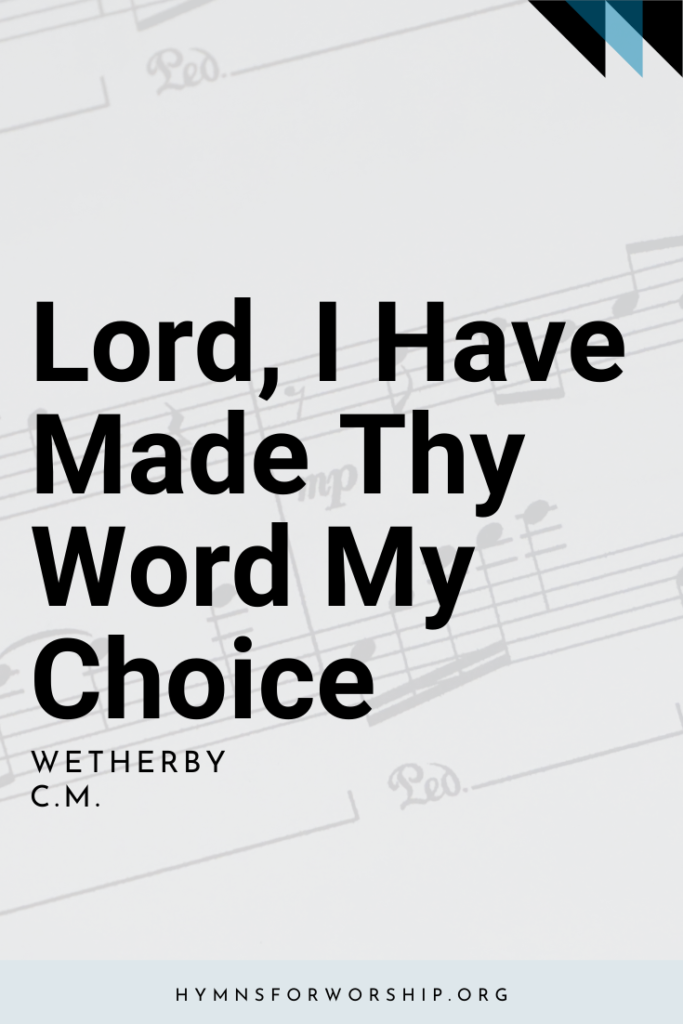

Text
1
Lord, I have made Thy word my choice,
My lasting heritage;
There shall my noblest powers rejoice,
My warmest thoughts engage.
2
I’ll read the histories of Thy love,
And keep Thy laws in sight;
While through Thy promises I rove,
With ever fresh delight.
3
In this broad land of wealth unknown,
Where springs of life arise,
Seeds of immortal bliss are sown,
And hidden glory lies.
4
The best relief that mourners have,
It makes our sorrows blest;
Our fairest hope beyond the grave,
And our eternal rest.

Hymn Info
Biblical Reference
(a) Ps 119:111 (b) Ps 119:60
Author
Isaac Watts (1674-1748)
Hymn Tune
WETHERBY
Metrical Number
C.M.
Composer
Samuel S. Wesley (1810-1876)
Hymn Score
Piano Accompaniment
Notes
Get to know the hymns a little deeper with the SDA Hymnal Companion. Use our song leader’s notes to engage your congregation in singing with understanding. Even better, involve kids in learning this hymn with our homeschooling materials.
We are reminded that there is much to learn from the Master Teacher, Jesus. We learn from the messages that He shares during His earthly ministry. We learn from the miracles that He performs and the way that He acts toward others. (Lesson 5, 4th Quarter 2020 – Thursday, The Master Teacher’s First Pupils, 10/29/2020)
Under the title “The Word of God Is the Saint’s Satisfying Portion,” Isaac Watts (1674-1748; see Biographies) included this in his Psalms of David Imitated in the Language of the New Testament, 1719. It is a very free paraphrase of verses 57 to 64 of Psalm 119. Reference is also made to Psalm 119:111, “Thy testimonies have I taken as an heritage for ever,” which is noted by Watts under his title.
Samuel Sebastian Wesley was born on August 14, 1810, at St. Pancras, London, the grandson of the great hymn-poet Charles Wesley (see Biographies). His father was a musician who idolized Johann Sebastian Bach, hence Samuel’s middle name. Studying music with his father, Samuel became a chorister in the Royal Chapel at age 10. Becoming one of England’s most noted organists, he played at Hereford and Exeter cathedrals, Leeds Parish Church (where there is a tablet to his memory), and Winchester and Gloucester cathedrals. Oxford University gave him the honorary D. Mus. degree in 1839, and in 1850 he was appointed professor of organ at the Royal Academy of Music. He was the famous for his ability to play extemporaneously, and for his determination to improve the standards of cathedral music and the status and salary of musicians. The tune WETHERBY is named for a small market town in Yorkshire near Leeds where Wesley served for seven years. It was originally set to Doddrige’s hymn “Awake, Ye Saints, and Raised Your Eyes,” in Wesley’s book The Europian Psalmist, 1872. This book contained 733 tunes, of which 130 were his own compositions. His other tunes in SDAH are Nos. 316 and 348, AURELIA, and 691, unnamed. Wesley died April 19, 1876, and was buried according to his wish at Exeter Cathedral.

